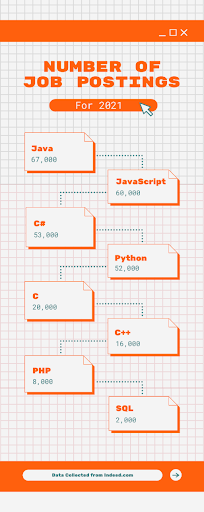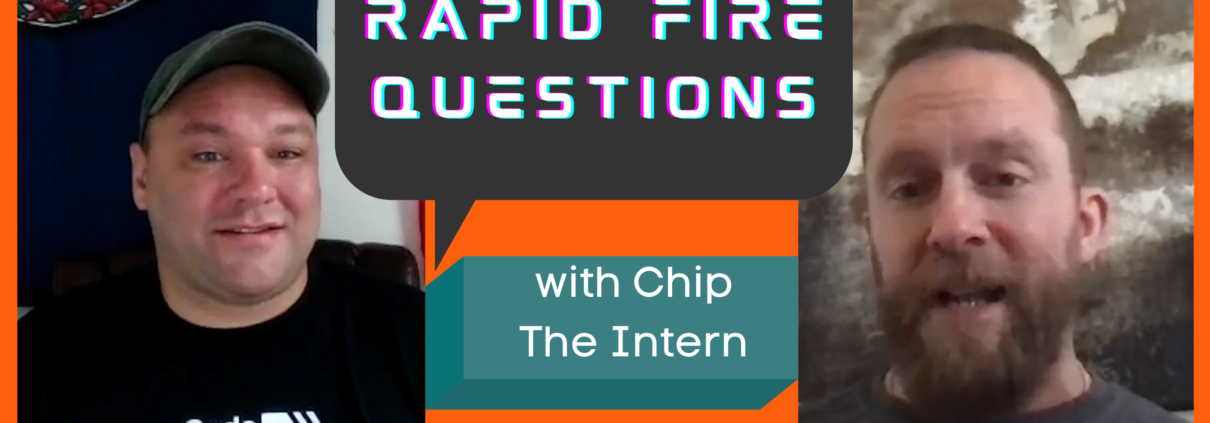How to apply to Code Platoon
You’ve done your research. You’ve looked at the options. You’ve decided you want to attend Code Platoon’s Full-stack Software Engineering Bootcamp. Now what? It’s time to apply for the program.
While the Code Platoon application process is pretty straightforward, there are a few things to know before you start .
The most important thing is that the Code Platoon application includes two parts. Based on your level of coding experience, the application might take as little as a couple of hours or as much as 20 hours, plus time to prepare for the coding challenges (more below). Plan to complete the entire application before the application deadline for the program cohort you want to attend.
Part one of the application asks for your background, military service, and interest in attending Code Platoon. Plan 30 minutes for this part of the application.
When completing part one, provide as much detail as possible, but pay particular attention to the following questions:
- Write a short bio – Tell us about yourself and why you are interested in a career in software engineering. Feel free to share your military experience and how you will build on that during your time at Code Platoon and in your new career.
- Which cohort do you want to attend? – This is very important. There are two types of cohorts for our Full-stack software engineering program – Full-time Immersive and Evening & Weekends. Full-time Immersive students attend Code Platoon for 15 weeks, Monday through Friday, from 8am to 5pm central time. Evening & Weekend students attend the program three nights a week and all day on Saturday for 28 weeks. The Evening & Weekend program is often referred to as “Part-time.”
- How do you want to attend? – If you plan on joining our Full-time Immersive program, you have two attendance options – In-person or Remote. Attending in-person is the best option for Veterans and military spouses who live in the Chicago area or would like to relocate to Chicago. In-person students attend the program in our Chicago classroom and typically compete for apprenticeships with top Chicago-area employers. Students may also access our program remotely. Remote students participate alongside our in-person students; they receive the same live lectures, classroom discussions, assignments, and team projects.
- Scholarships – Scholarships are available for Veterans, military spouses, and active duty Servicemembers. Make sure you check out the available scholarships and mark any that interest you. We have a wide array of scholarships including affinity scholarships for Women in Tech, Black and Hispanic, Transgender Veterans and military spouses – just to name a few..
When you’ve completed part one of the application, you will be directed to part two. Part two includes coding challenges, short essays, and videos. This part of the application will help us determine and measure your programming ability and interest.
If you are a total beginner to coding we suggest that you complete our free, self-paced, Intro to Coding course before starting part two. Intro to Coding will teach you two things – Javascript fundamentals, including Javascript syntax, and problem-solving. These two skills are paramount to becoming a software engineer and being accepted into Code Platoon.
You may be asking, “Why should I learn how to code so that I can go to Code Platoon to learn to code?” This advance work shows grit and a deep interest in coding. Successful students regularly spend time on coding basics before applying, solidifying their interest and commitment to this new career.
Beginners should allow 40-80 hours of preparation before starting part two.
What happens when I complete my application?
Space in each of our cohorts is limited. This allows us to create the ideal student/instructor ratio to ensure the best learning environment for students. You are competing with many other applicants? An application that includes all the information requested and the highest scores from the coding challenges will be accepted into the cohort.
Our admissions team, including instructors, reviews complete applications. We use a rolling admissions process and usually respond to applicants within a couple of weeks (sometimes longer in the month before an application deadline). You can reach out to our Student Outreach and Recruitment Manager if you have questions while completing your application or waiting for your results. Good luck!
Jim Hennessey is Code Platoon’s Director of Marketing. Jim brings a strong background in non-profit marketing and start-up enterprises to the mission of Code Platoon. Jim is a graduate of Clemson University and currently lives in Chicago. Follow Jim on LinkedIn.





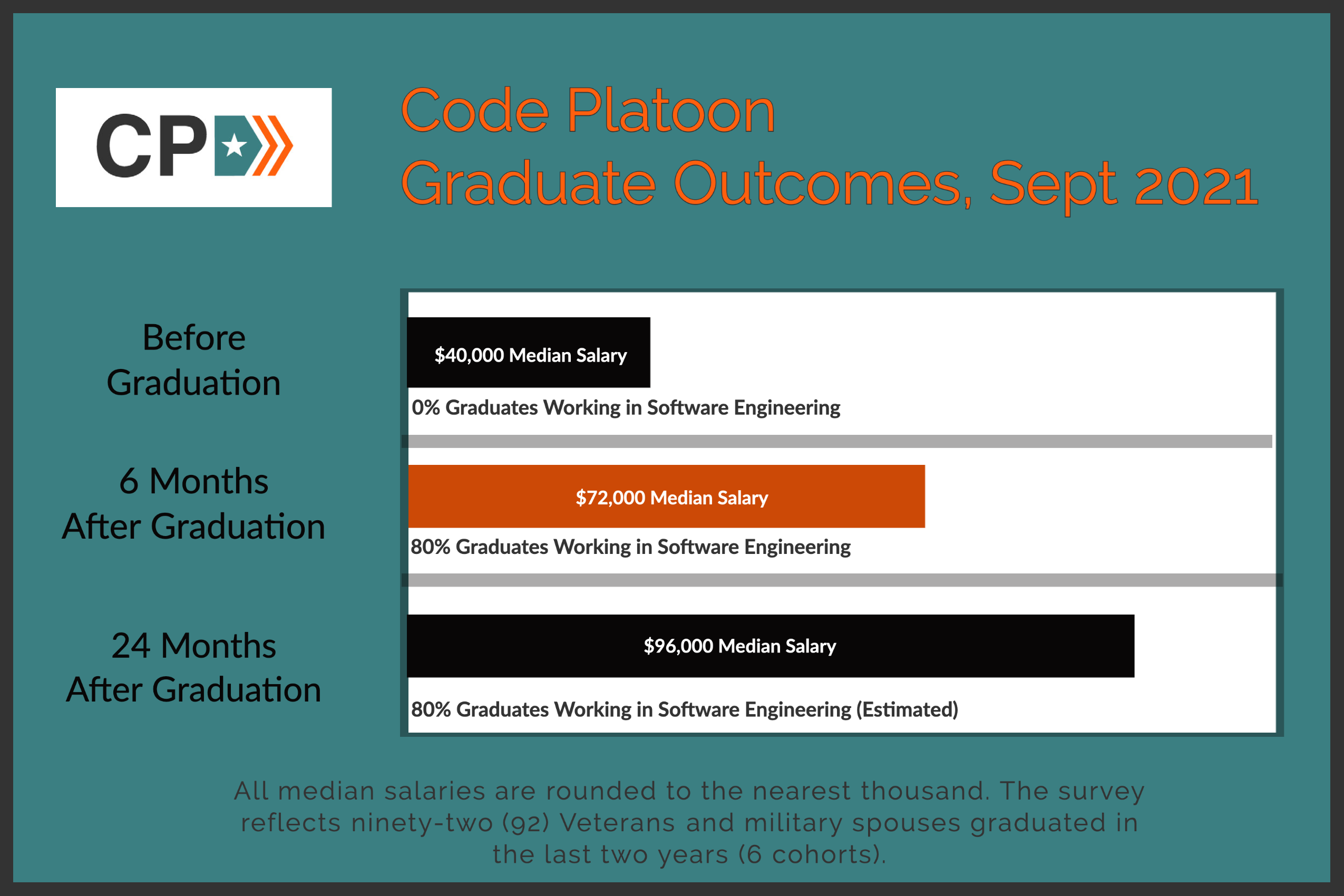 We attribute the excellent success rates of our graduates to several factors. First of all, our students come hungry to learn and are working long hours every day. Second of all, we have some great tech community partners who help our students with job placement. And, of course, there is the program itself.
We attribute the excellent success rates of our graduates to several factors. First of all, our students come hungry to learn and are working long hours every day. Second of all, we have some great tech community partners who help our students with job placement. And, of course, there is the program itself.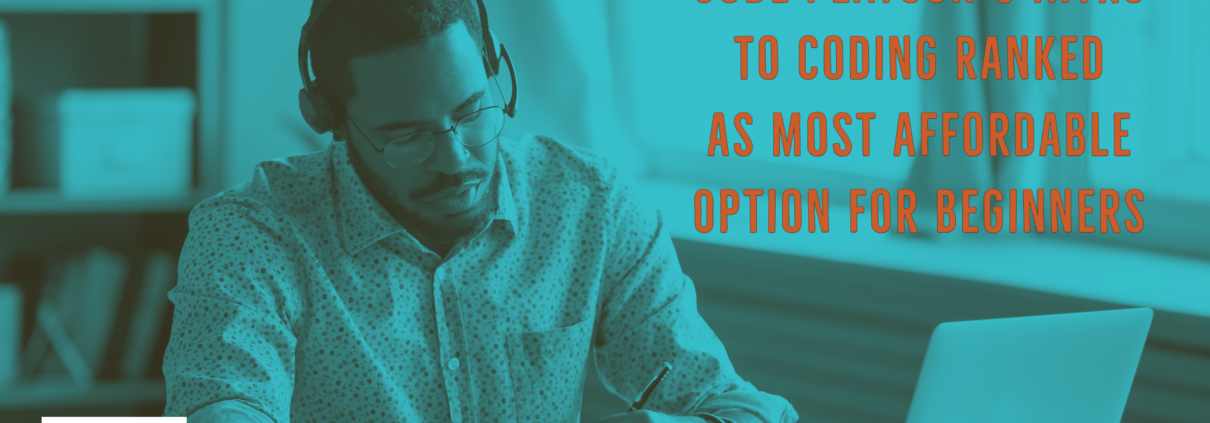
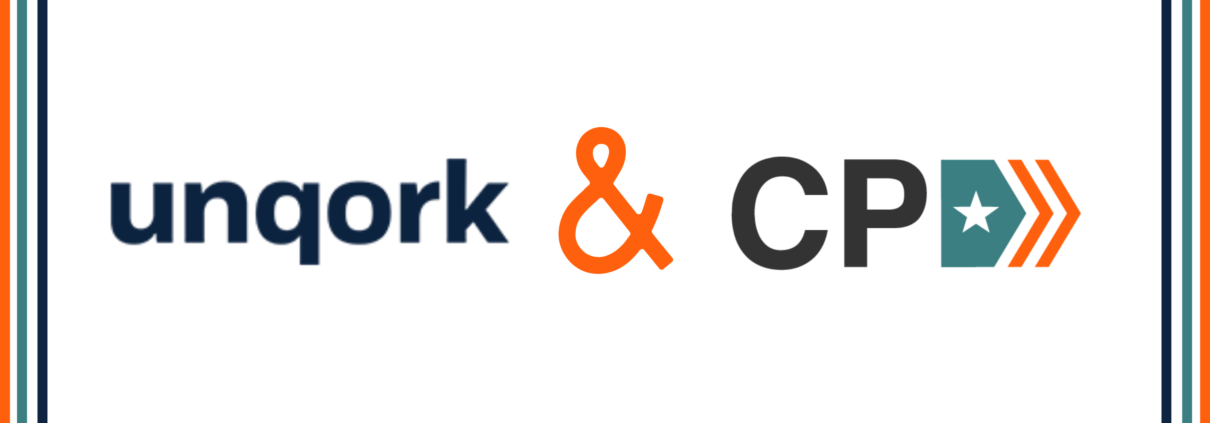

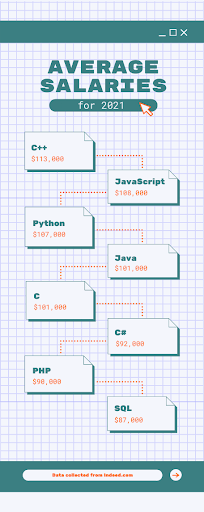 Python
Python